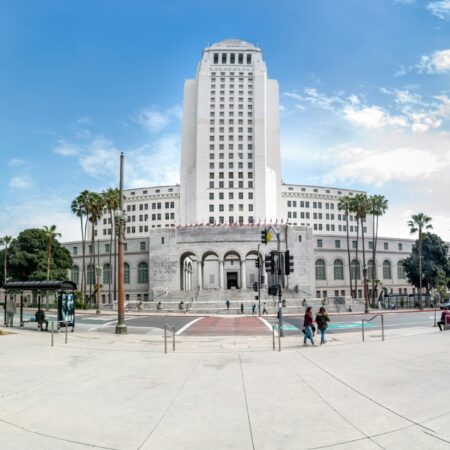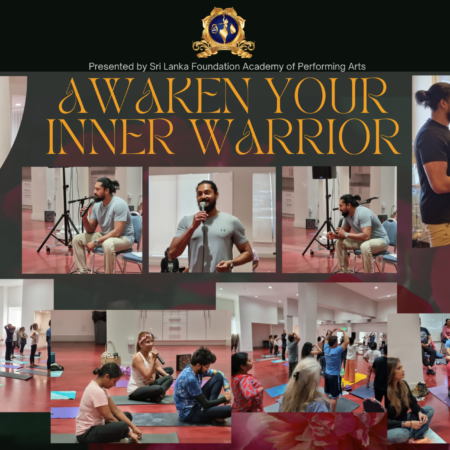The first fruits of the EU’s new “cultural strategy” for external relations was on show at the Development Days conference in Brussels on Wednesday (15 June), as a theatre troupe from both warring sides in Sri Lanka showed how working together could aid in post-conflict resolution.
The strategy was only adopted by the European Commission last week, and must go through the Council of Ministers in November.
It should finally come into play under the Malta presidency in 2017, but according to Commission officials, it is already seeing implementation – and some delivery.
Indeed, as Diego Marani, from the European External Action Service candidly said on stage, “It’s an achievement the strategy is even here. The culture minister is never the most important member of the cabinet.”
“The essence [of the strategy] is to build trust, not just spread a message,” Marani explained. Whilst Europe had a rich cultural history, and the strategy was “strongly backed” by EU foreign affairs chief Federica Mogherini, “it is about more than showcasing EU culture by film festivals in developing countries”, he said.
Although the EU was “not abandoning” that format, there was a “new paradigm of cultural sharing”, he said, via “culture, tourism, design and fashion”.
All of this was designed to produce an “intercultural dialogue”, with the aim of showing that cultural heritage “is not just stones, it’s people”.
An example of that in action was the Stages of Peace project from Sri Lanka, which encouraged actors from both Sinhalese and Tamil populations to perform in plays together, following the end of the 30-year civil war in 2009/10.
Introduced in a rainy Brussels by Hasini Haputhanthri, the project is emphatically “not about hiring a community theatre group to put across your message,” she told an audience of around 100 development professionals.
Instead, it is “more focused on process, not the message, about building trust between the artists and with the community – the space to come out of their shells”, Haputhranthri said.
Stages of Peace to pieces on stage…
Stages of Peace is the first ever bilingual theatre troupe in Sri Lanka, according to Haputhranthri, and the first to be multi-ethnic.
“It takes skills to learn how to live in a multi-cultural society, you are not born with it, but it is a skill that can be taught.”
In addition, the mixed cast performs in a ‘theatre-in-the-round’, in order that all members of the audience can see eath other, as well the actors.
“For the first four months, the cast fought among themselves,” Haputhranthri admitted. “It takes time.”
The project has also expanded to holding mixed film clubs, where previously warring factions of the population watch difficult documentaries together, exploring the country’s past.
These are not spending projects with traditional outcomes, or yardsticks for measuring progress, as Marani admitted.
“Enough of indicators!” he told the panel. “You can’t measure everything.” He pointed to a Jordanian television series, partly funded by DG DEVCO, and aimed at bolstering the country’s sense of self in a region dominated by Egyptian televisual output.
“How do you measure that? By productivity? By audience? You cannot measure it,” he said.
Aida Liha Matejicek, head of unit at DG DEVCO, described culture as “both an enabler and driver” of development”, and that whilst it was not in itself a specific Sustainable Development Goal (SDG), “it informs across the SDGs”, towards the 2030 target of eradicating poverty.






















